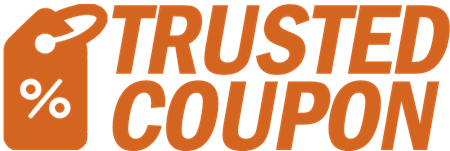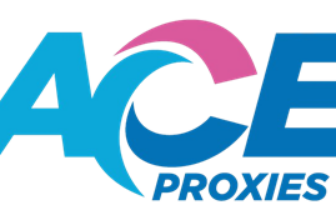
ROI Benefits of a CRM for Your Business
[ad_1]
Are you guilty of still using an excel spreadsheet to manage your leads, customers and sales pipeline? Think a CRM is too costly or not appropriate for your small or medium business? Wondering why you fail to grow your revenue? Customer Relationship Management (i.e. CRM) have been a key enabler technology for many successful business and have a very appealing ROI.
A few years ago, my two business partners and I agreed our product was ready for prime-time and the task of putting together a sales and marketing strategy fell upon my shoulders. I knew a thing or two about marketing but was pretty much clueless about sales. So I did like most sales leader back then and created an excel spreadsheet to start capturing our leads, customers, opportunities and create a simple pipeline. I placed the spreadsheet on our company intranet so my partners and sales team could access it and edit it. I had no idea what a mess I had created…
Our sales team, myself included, spent most of our time on the road visiting potential and current customers; connecting to our VPN in our hotel room to access our Intranet and edit our spreadsheet was a huge hassle. We had no automated way to notify the team when it was time to re-connect with a customer for a specific project. Creating a report for our Board meetings was a pain. It was nearly impossible to analyse our data and figure out where in the sale stage our opportunities where getting stuck. Leads were not assigned automatically to the right salesperson and had to be managed manually by me. And I could go on and on and I am sure many of you have similar stories to tell. The bottom line is that our sales were failing to meet our expectations. Instead of creating a growth enabler, my spreadsheet was a growth preventer.
After two quarters of snail-pace growth and two hellish board meetings, it was time to change. I consulted with my team and phoned a few friends with successful and growing businesses and asked them how they managed their sales process. The answer was unanimous: a cloud-based CRM, Salesforce.com being the most popular choice.
Sure, it wasn’t free like a spreadsheet. But the time I gained by not having to manually managed the spreadsheet, assign leads and hassle with pipeline reports was spent instead in front of customers. According to Salesforce research, sales people spend 68% of their time not-selling! I definitively fit that profile back then. For this reason alone, our CRM paid for itself. Also, keep in mind that most cloud-based CRM like Salesforce offer monthly fees so you don’t have to fork out a costly sum up-front; making it ideal for small businesses. And with Salesforce partners offering quickstart implementations, you can be up and running with an efficient system in less than 30-days at a reasonable price.
As you can imagine, the ROI of our CRM was felt in less than 2 quarters. No more VPN’ing into our intranet for our sales team, they could access our cloud-based CRM and update their own pipeline. Back then, smart phones weren’t available but today, sales teams can update their pipeline on the fly directly on their phone. All of the pipelines rolled into one company pipeline we could share internally and to our board. It allowed us to analyse our data and figure out how to fine-tune our sales strategy. We constantly iterated our sales process based on the data we gathered. For example, we defined sales best practices and guidance based on the stage of the opportunity. This facilitated the on-boarding process on new sales reps. We shortened our sales cycle with automated reminders to contact our customers and follow-up on opportunities. And voilà, our sales growth was solidly under way. We later sold our company to French multinational Schneider Electric.
In sum, a CRM will pay for itself through better visibility, productivity and intelligence. Our sales team had better visibility of their pipeline, they were spending more time selling and they were more efficient. The bottom line can be summed up with this equation: monthly cost of the CRM license of 130ish $/per seat is always smaller than the hours wasted by salespeople without a CRM * their hourly rate; factor in their productivity increase and it is a no brainer. Are you sure you want to stick with your spreadsheet?
[ad_2]
Source by Louis-Nicolas Hamer



